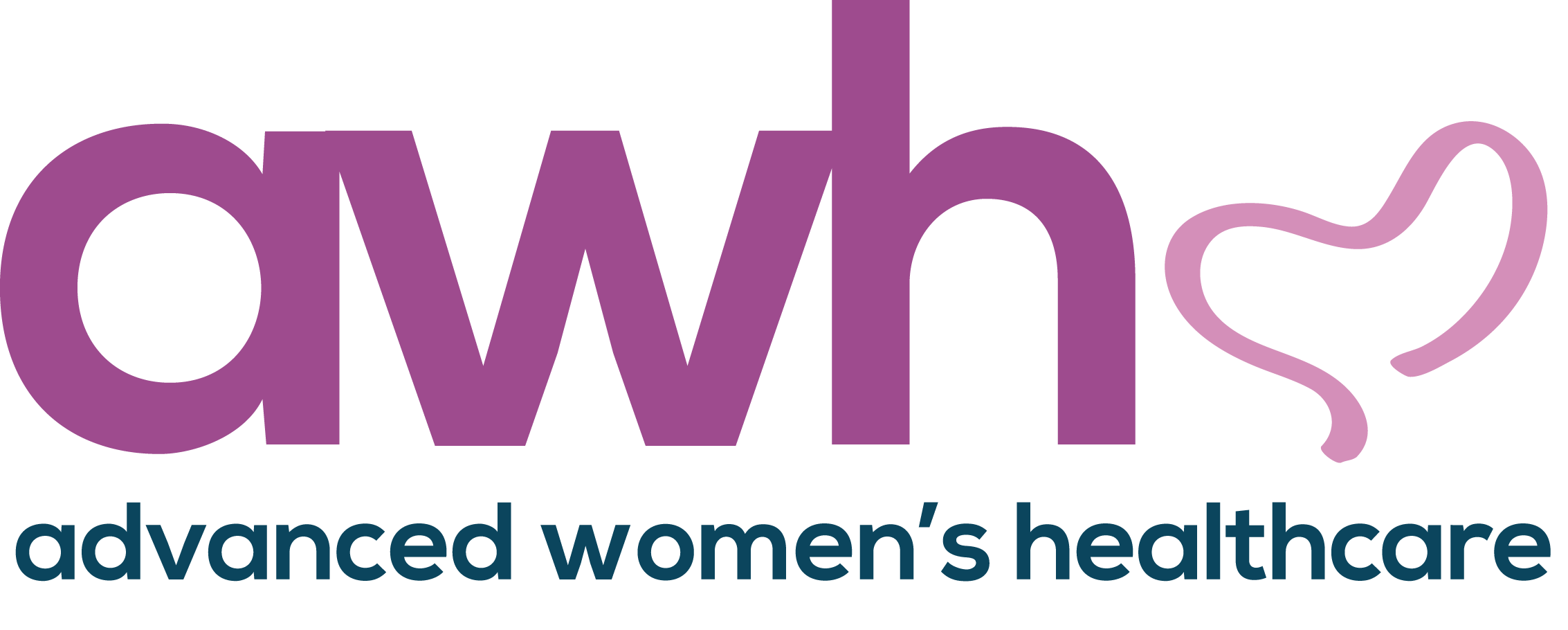What you didn’t know about breastfeeding.
Breastfeeding can be an appealing choice for mothers worldwide, and it’s a wonderful way for babies to get ideal nutrition, not to mention colostrum to help kickstart a baby’s digestive system.
Breast milk is loaded with antibodies and contains everything a baby needs for his first six months.
Breastfeeding is a personal choice, and at Advanced Women’s Healthcare, we respect women’s choices.
For women considering the option of breastfeeding their babies:
Benefits of Breastfeeding
- Saving money on formula
- Saving time from cleaning and sterilizing bottles and mixing formula
- Reduction in baby’s ear infections
- Reduction in baby’s respiratory tract infections
- Reduction in baby’s colds and infections, including gut infections
- Reduction in SIDS, or sudden infant death syndrome
- Reduction in baby’s allergic diseases
- Reduction of baby’s risk for diabetes
- Prevention of childhood obesity
- Increase in baby’s brain development
- Possible weight loss for mom
- Assists with mom’s uterus recovery
- Reduces blood loss for mom after delivery
- Lower risk of depression for mom
Women should talk to their pediatricians about what’s best for their baby. Formula, of course, is another wonderful option for parents and has many benefits of its own. But if you’re considering breastfeeding, keep reading below to arm yourself with knowledge.
Surprising Facts About Breastfeeding
Women considering breastfeeding should know these surprising facts:
1. It can be a struggle for a mother’s milk to come in:
Patience is the name of the game, here. It can take three or four days before a mom begins to produce milk. The good news is that colostrum present in the breast will keep baby satisfied while waiting for regular milk production to begin.
Reasons for delayed milk production can include:
- Stressful birth
- Diabetes or gestational diabetes
- Retained placenta
Again, moms should give themselves heaping helpings of patience, especially if they’re new moms. Their bodies are learning as they go.
2. It’s best to avoid certain foods while breastfeeding:
When it comes to pregnancy, it’s always best to err on the safe side. This means eliminating or reducing many foods that could cause complications.
Foods to avoid during pregnancy include:
- Fish containing mercury (shark, swordfish, tuna, king mackerel)
- Raw fish
- Caffeine
- Unpasteurized milk and cheeses
- Processed meats
- Undercooked meats
- Raw eggs (this can include hollandaise sauce, poached eggs, lightly scrambled eggs, salad dressings, homemade ice cream, homemade mayonnaise and cake icings)
3. Definitely avoid alcohol while breastfeeding:
While it’s unknown exactly what amount of a glass of wine makes it to a baby through mother’s milk, a small amount definitely reaches the baby. This could cause early development problems. The safest amount of alcohol to consume during breastfeeding is none. Here are more guidelines from the Centers for Disease Control and Prevention, including whether it’s effective to “pump and dump.”
4. Breastfeeding can be uncomfortable:
While breastfeeding isn’t supposed to hurt, occasionally problems can occur that cause discomfort. Usually, breastfeeding discomfort is caused by latch problems, which can be discussed with a lactation consultant. Many times, latch can be improved with simple readjustment of the baby’s position.
Causes of Pain During Breastfeeding
- Women can experience cracked nipples during breastfeeding. A soothing fix is to express a small amount of breast milk onto them at the end of feeding and let them air dry.
- It’s also not uncommon for breastfeeding women to experienced clogged milk ducts. These feel like sore, tender lumps under the skin and might appear red. Clogged ducts can be opened with moist heat like a hot shower or bath or a wet washcloth, followed by nursing.
- Finally, mastitis, an inflammation of the breast, is caused by poor drainage or infection in the breast. Mastitis can be very painful and can require antibiotics. Interestingly, women with mastitis are encouraged to breastfeed frequently to help clear up the infection. Breastfeeding with mastitis will not make the baby sick.
5. Certain medications are a no-no:
Talk to your doctor, but certain prescribed and over-the-counter medications can be unsafe during breastfeeding. Generally, decongestants and antihistamines should be avoided.
6. It’s still safe to breastfeed when mom is sick:
When a nursing mother comes down with a cold, flu or stomach virus, even with fever, it is OK to continue breastfeeding her baby. It’s even beneficial, as the mother passes her illness-fighting antibodies along to her baby. Moms who are under the weather should make rest a priority and make sure to practice good hygiene to minimize the risk of spreading the illness.
In conclusion, breastfeeding is a personal choice with many health benefits for both mother and baby. Being informed about breastfeeding will help you make an educated choice for yourself.





